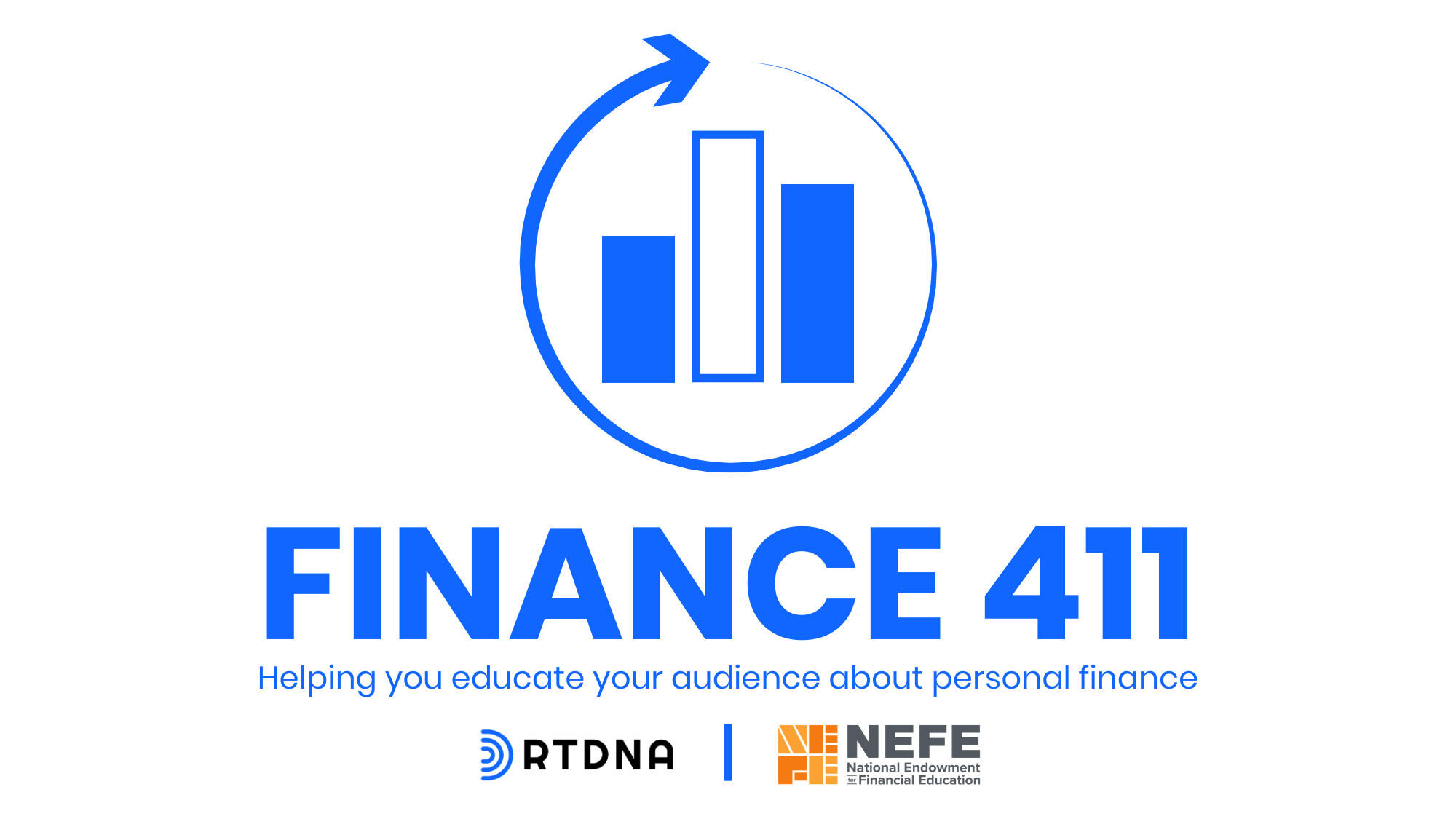Money Matters: How to improve financial literacy

April is National Financial Literacy Month. Started by the National Endowment for Financial Education (which also supports this weekly resource) in 2000 as a day focusing on youth finance education, the month is now marked by educational events and campaigns from libraries, finance firms and education groups for people of all ages.
Surveys show the need for financial education remains high, as increasing numbers of Americans have more debt and less savings, and many also lack knowledge of topics like risk, investing and borrowing.
But research also shows financial education isn’t always effective in improving people’s financial outcomes or knowledge.
Finance and consumer reporters can help by keeping in mind the various types of personal finance help people need and when:
Price and job information are important for daily life.
Financial literacy isn’t always about knowing the ins and outs of how the stock market works. New research shows that Americans are interested in following current information about prices and jobs, but that this information isn’t always easy to find. It’s hard to make sound financial decisions without current, basic facts about things that affect everyone’s wallets, like the price of gas or milk.
Financial literacy about specific topics is needed at the time people are making particular decisions.
Research shows that despite increasing financial education, people still lack financial knowledge, and education doesn’t always improve outcomes. That may be in part because technical knowledge about things like loans or retirement accounts is best retained when it’s most relevant. In other words, keep those early April tax tips coming but know that spot about mortgage rates will be quickly forgotten by anyone not actively mortgage hunting. And high school courses with information about student loan options, for example, show improved outcomes. Knowing your audience and their financial needs is the best way to provide useful finance knowledge.
People need help venting information.
When people are making important financial decisions, and looking for information and guidance, they’re finding more resources than ever. With the proliferation of information sources, people need help not only finding information for those “just-in-time” decisions but vetting it. While more blogs, podcasts and books about money are now more inclusive of people with different financial situations and goals and easier to consume, some of those sources are money-making ventures themselves. Consumer reporters can help vet the onslaught of personal finance tips now readily available.
Soft skills are key too.
Research that shows finance content doesn’t always stick also shows that lack of knowledge about finance topics isn’t the only obstacle to financial literacy. Many skills are involved in financial decision making, like the ability to plan ahead, ability to assess and take risks and “confidence to be proactive.” These foundations to financial literacy can start with early education from parents and schools.
Weekly Money Matters personal finance content for your newsroom is sponsored by the National Endowment for Financial Education.
